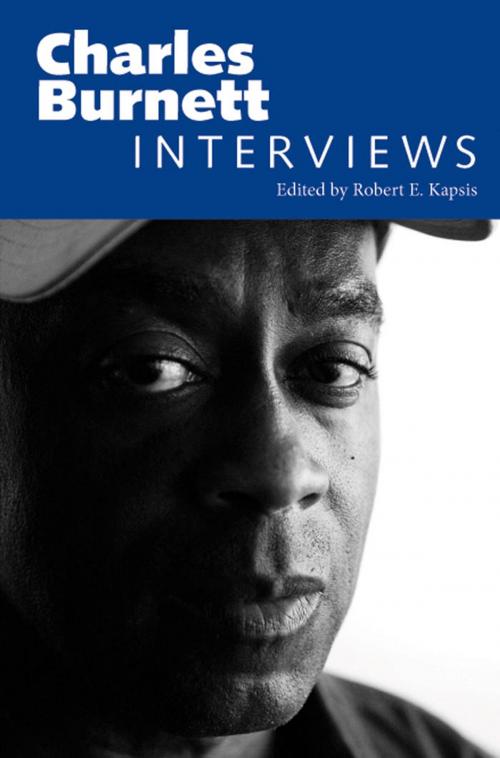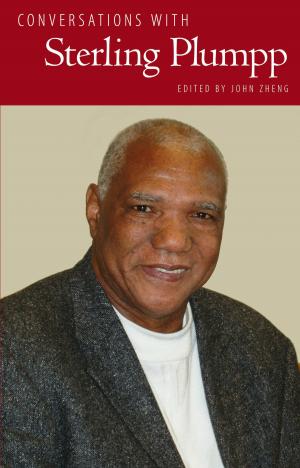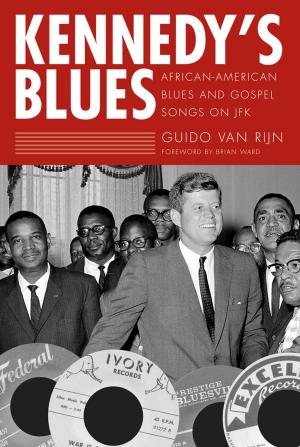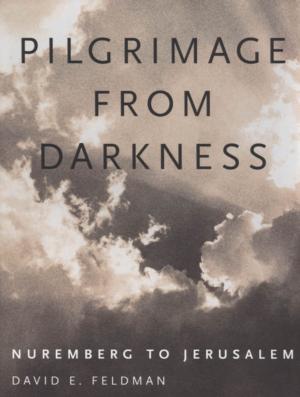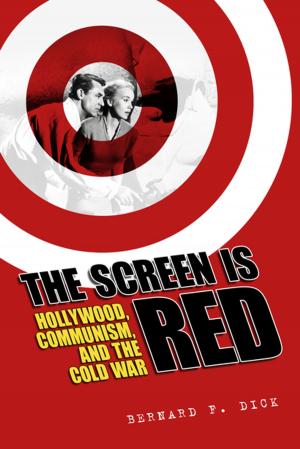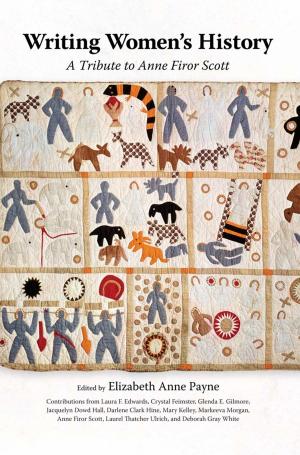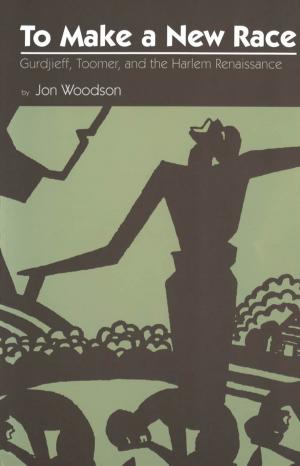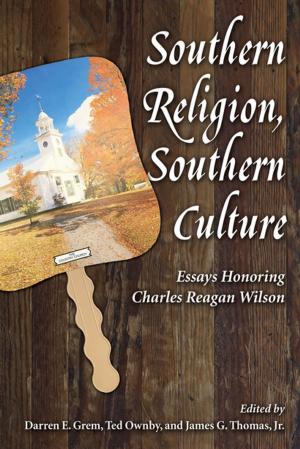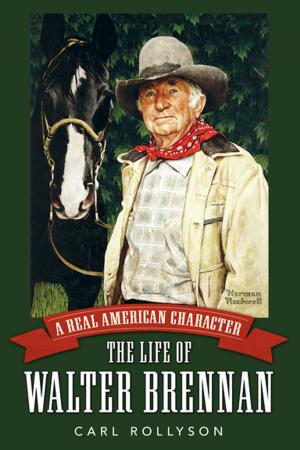Charles Burnett
Interviews
Nonfiction, Entertainment, Film, Direction & Production, Performing Arts, Biography & Memoir, Entertainment & Performing Arts| Author: | ISBN: | 9781604739503 | |
| Publisher: | University Press of Mississippi | Publication: | February 25, 2011 |
| Imprint: | University Press of Mississippi | Language: | English |
| Author: | |
| ISBN: | 9781604739503 |
| Publisher: | University Press of Mississippi |
| Publication: | February 25, 2011 |
| Imprint: | University Press of Mississippi |
| Language: | English |
Charles Burnett (b. 1944) is a groundbreaking African American filmmaker and one of this country's finest directors, yet he remains largely unknown. His films, most notably Killer of Sheep (1977) and To Sleep with Anger (1990), are considered classics, yet few filmgoers have seen them or heard of Burnett. The interviews in this volume explore this paradox and collectively shed light on the work of a rare film master whose stories bring to the screen the texture and poetry of life in the black community.
The best qualities of Burnett's films-rich characterizations, morally and emotionally complex narratives, and intricately observed tales of African American life-are precisely the things that make his films a tough sell in the mass marketplace. As many of the interviews reveal, Hollywood has been largely inept in responding to this marketing challenge. "It takes an extraordinary effort to keep going," Burnett told Terrence Rafferty in 2001, "when everybody's saying to you, 'No one wants to see that kind of movie,' or 'There's no black audience.'" All the interviews selected for this volume (spanning more than three decades of Burnett's directorial career including his recent work) examine, in various degrees, Burnett's status as a true independent filmmaker and explore his motivation for making films that chronicle the black experience in America.
Charles Burnett (b. 1944) is a groundbreaking African American filmmaker and one of this country's finest directors, yet he remains largely unknown. His films, most notably Killer of Sheep (1977) and To Sleep with Anger (1990), are considered classics, yet few filmgoers have seen them or heard of Burnett. The interviews in this volume explore this paradox and collectively shed light on the work of a rare film master whose stories bring to the screen the texture and poetry of life in the black community.
The best qualities of Burnett's films-rich characterizations, morally and emotionally complex narratives, and intricately observed tales of African American life-are precisely the things that make his films a tough sell in the mass marketplace. As many of the interviews reveal, Hollywood has been largely inept in responding to this marketing challenge. "It takes an extraordinary effort to keep going," Burnett told Terrence Rafferty in 2001, "when everybody's saying to you, 'No one wants to see that kind of movie,' or 'There's no black audience.'" All the interviews selected for this volume (spanning more than three decades of Burnett's directorial career including his recent work) examine, in various degrees, Burnett's status as a true independent filmmaker and explore his motivation for making films that chronicle the black experience in America.
